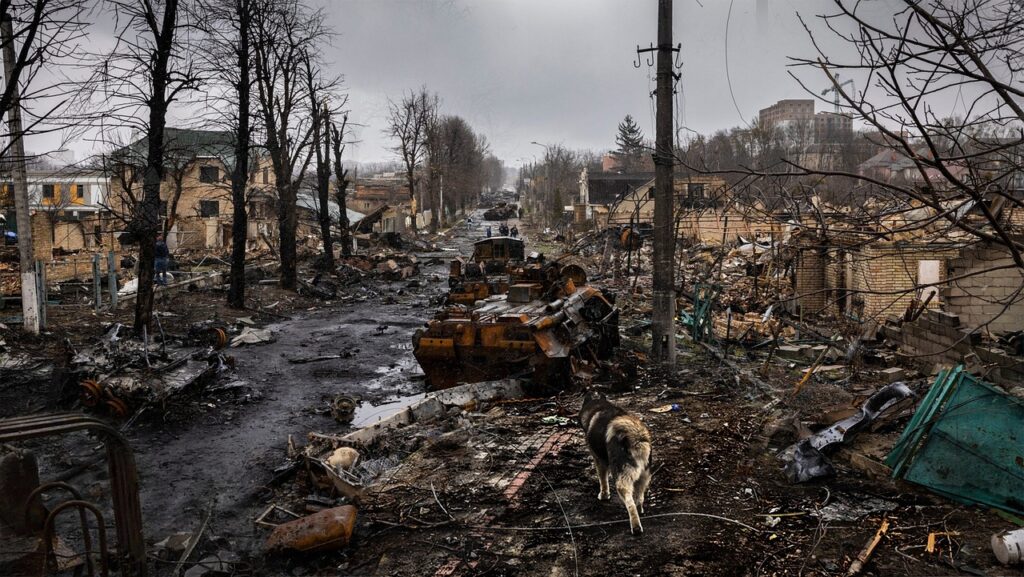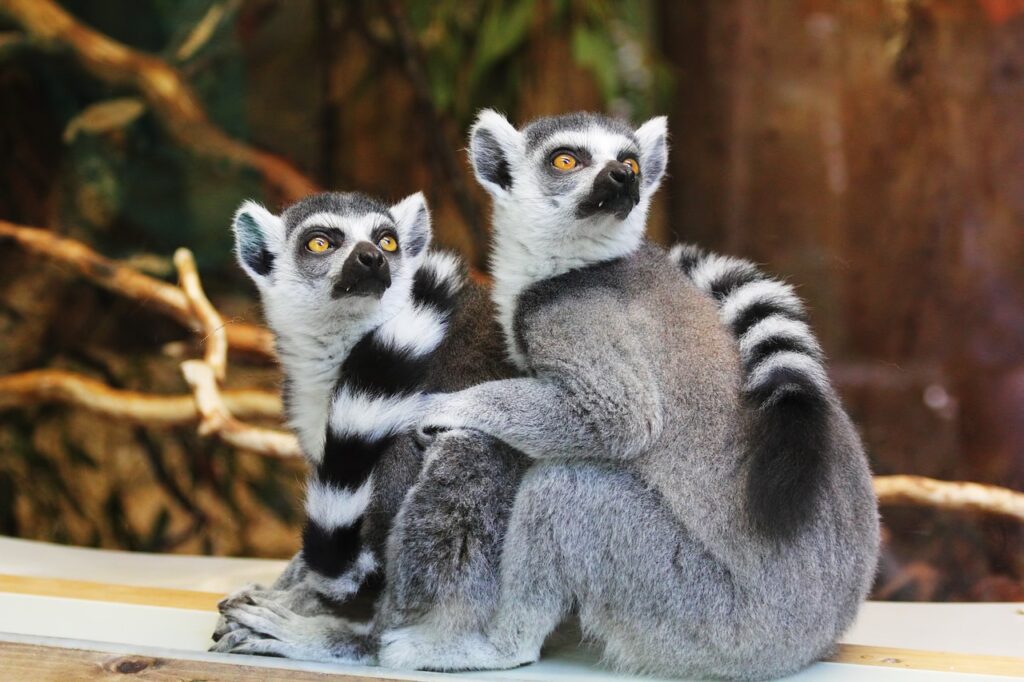Your cart is currently empty!
Conflict in Gaza, Lebanon, and Israel: The Untold Impact on Animals Amid Human Struggles

As the ongoing conflict in Gaza, Lebanon, and Israel continues to dominate headlines, the devastating effects on human lives are at the forefront. However, an often-overlooked tragedy is the impact this violence has on animals—both pets and wildlife. In the chaos of war, animals become collateral damage, suffering from neglect, injury, and displacement alongside the people caught in the crossfire.
This article explores how the conflict is affecting animals in these regions, the challenges facing rescue organizations, and what can be done to support animal welfare during times of war.
1. Pets Abandoned and Displaced
When violence erupts, the first priority for families is survival. In Gaza, Lebanon, and Israel, many families have been forced to flee their homes, often leaving their pets behind due to the rapid nature of evacuation or the uncertainty of their next destination. Cats, dogs, and other companion animals are left to fend for themselves in dangerous environments.
In cities across all three regions, animals are now roaming the streets without food, water, or shelter. Streets that were once familiar to these pets have now become battlegrounds, and the sounds of explosions and gunfire terrify them. Many pets, confused and scared, go missing or are injured while trying to escape the chaos.
For those families who manage to keep their pets, the war presents additional challenges. Food and clean water are often in short supply, making it hard to provide for their pets. Veterinary care is also difficult to access, with clinics either destroyed or overwhelmed by the war.
This issue spans across borders, with animals in conflict-affected areas of Gaza, Lebanon, and Israel all facing similar fates of abandonment, fear, and survival in dangerous environments.
2. Wildlife Caught in the Crossfire
The natural environment in Gaza, Lebanon, and Israel is home to a rich variety of wildlife, but the conflict is having devastating consequences on these animals as well. Forests, rivers, and coastlines that once supported diverse ecosystems are now being damaged or destroyed by the violence.
In Israel, Lebanon, and Gaza, wild animals that are highly sensitive to noise and environmental changes are fleeing their natural habitats. Birds, for instance, are known to abandon their nests in times of war, leaving their young vulnerable. Animals that rely on specific territories are forced to relocate, leading to competition for resources and survival in unfamiliar areas.
In addition, the destruction of habitats due to bombings, fires, and development has long-lasting effects on wildlife in the region. Fragile ecosystems are being disrupted, threatening species that were already vulnerable before the conflict. Animals that survive the immediate violence are left to cope with the aftermath—dwindling food supplies, damaged homes, and loss of safe spaces to breed and thrive.

3. Zoo Animals at Risk
Zoos and animal sanctuaries in conflict zones are particularly vulnerable. In Gaza, Israel, and Lebanon, zoos that once provided safe havens for animals are now at risk due to the violence. Zookeepers are often unable to reach the animals to provide food or care, leaving them stranded in their enclosures.
During previous conflicts, we’ve seen how zoo animals like lions, tigers, and elephants have suffered from lack of care, food shortages, and even direct violence. These animals, trapped in their enclosures, are unable to escape the sounds of explosions and gunfire around them. Some have died from injuries or starvation, while others have been rescued through dangerous missions by humanitarian organizations.
In Gaza, for instance, there have been reports of zoo animals being caught in the crossfire, while in Israel and Lebanon, similar risks have put zoo animals in grave danger. These large animals are entirely dependent on human care, and when that care is disrupted by war, their survival becomes precarious.
4. The Strain on Animal Welfare Organizations
Animal welfare organizations in Gaza, Israel, and Lebanon are working under extreme conditions. These groups are trying to rescue and care for abandoned pets, wildlife, and injured animals, but their resources are stretched thin. With limited access to supplies, restricted movement due to ongoing violence, and the threat of bombings, these organizations face immense challenges.
Many shelters have been damaged or destroyed in airstrikes or shelling. In Gaza, animal shelters have been directly impacted by the conflict, leaving hundreds of animals without shelter or care. In Israel and Lebanon, animal rescue groups are working around the clock to provide aid, but they too are struggling with limited access to basic necessities like food, medicine, and veterinary care.
These organizations are calling for international support to help provide the resources they need to continue their work. The situation is dire, and without additional funding and supplies, many of these animals may not survive the war.
5. The Human-Animal Bond in Times of Conflict
Despite the violence, the bond between humans and animals remains a source of comfort and hope for many people in Gaza, Lebanon, and Israel. Pets are often considered members of the family, and during times of war, they offer emotional support and companionship when it’s needed most.
Studies have shown that animals can help reduce stress and anxiety during times of trauma, and for families living in war zones, their pets are often a lifeline. Whether it’s a dog offering companionship during the long nights of bombings or a cat providing a sense of routine and normalcy, the presence of animals can be a source of strength in the midst of chaos.
In return, many people go to great lengths to protect their pets, even in the most dangerous circumstances. There are stories of people in Gaza, Lebanon, and Israel who have risked their own lives to save their pets, refusing to leave them behind during evacuations.
6. What Can Be Done to Help?
The plight of animals in Gaza, Lebanon, and Israel is a humanitarian issue that deserves more attention. International and local organizations, such as the International Fund for Animal Welfare (IFAW), Loula Pets and Four Paws, are working to provide aid to animals in conflict zones. These organizations offer support by delivering food, medical supplies, and rescuing animals when possible.
One of the most important ways to help is by supporting these international animal welfare groups through donations and raising awareness. Additionally, governments and humanitarian organizations can do more to include animal welfare in their conflict response strategies. This includes creating safe evacuation routes for families with pets, ensuring that shelters can accommodate animals, and providing veterinary services in war zones.
In Gaza, Israel, and Lebanon, the work of animal welfare organizations is crucial to ensuring that animals are not forgotten amid the devastation. By supporting these efforts, we can help protect the animals that are often the silent victims of war.
Conclusion: The Shared Suffering of Animals in Conflict
The ongoing conflict in Gaza, Lebanon, and Israel continues to cause unimaginable human suffering, but it’s important to remember that animals are also affected. Whether they are pets left behind during evacuations, wildlife struggling to survive in damaged habitats, or zoo animals trapped in enclosures, the animals in these regions face immense challenges.
By raising awareness and supporting animal welfare organizations, we can help ensure that animals receive the care and protection they need during times of war. While human lives will always be the priority, we cannot forget the silent victims of conflict—animals who are suffering alongside the people they share their world with.
Leave a Reply